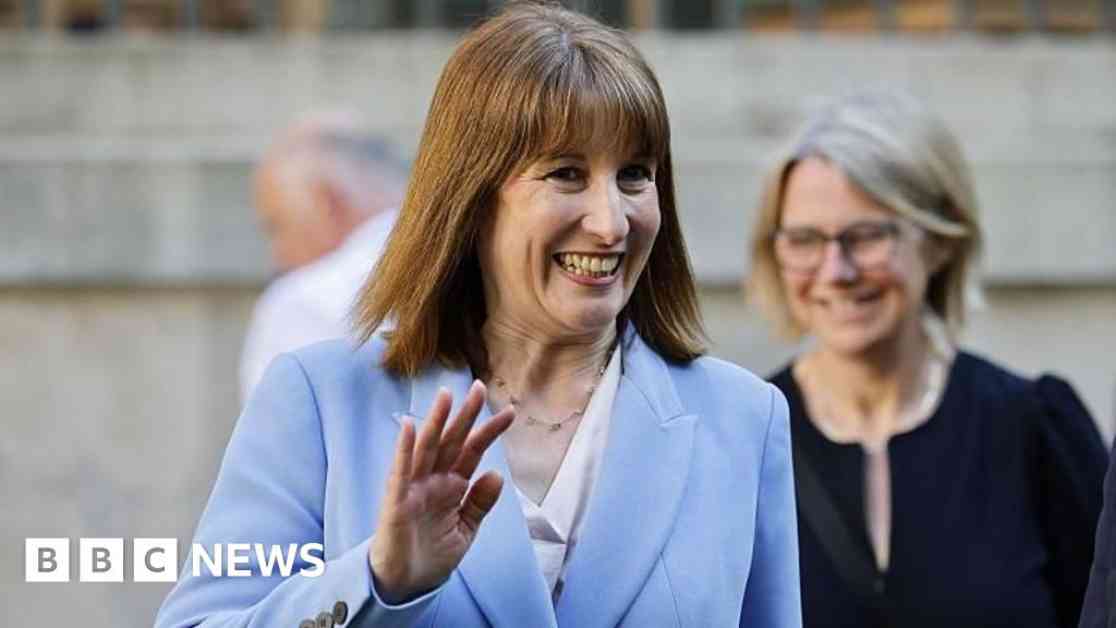Chancellor claims UK trade is best in the world, but critics not too pleased
The UK’s chancellor recently boasted that the country is leading the pack in terms of trade agreements worldwide. Rachel Reeves, on the other hand, hinted that the government is eyeing more deals, particularly with Gulf countries like Saudi Arabia and Qatar. However, she made it clear that negotiations with China are off the table, which raised a few eyebrows among opposition parties.
Criticism poured in from various corners, with Conservative leader Kemi Badenoch slamming the new EU deal as a step backward. Nigel Farage didn’t hold back on social media, accusing Labour of betraying the fishing industry and labeling the EU as a “shrinking political union.” In contrast, Liberal Democrats leader Sir Ed Davey welcomed the EU deal as a positive step but urged the government to push for a customs union agreement.
Trade agreements galore: UK strikes deals with US, India, and EU
In a recent summit, the UK and the EU sealed a significant deal covering trade, defense, and energy, marking a milestone since the UK’s departure from the EU after the Brexit vote in 2020. Additionally, the UK inked a trade agreement with India to facilitate exports of goods like whisky and cars and reduce taxes on Indian clothing and footwear exports. The government also secured a deal with US President Donald Trump to slash tariffs on select goods traded between the two nations.
Reeves highlighted the positive impact of these trade agreements on the UK’s economic growth, forecasting a 1% increase this year. Despite a better-than-expected 0.7% growth in the first quarter, economists warned of potential challenges ahead, especially due to US tariffs affecting global growth. The chancellor’s decision to raise National Insurance for employers also raised concerns about its impact on the UK economy.
The bigger picture: UK’s trade strategy and future outlook
The UK’s focus on striking trade deals with the US, India, and the EU reflects a strategic move to strengthen its economic position post-Brexit. As the UK’s largest trading partner, the EU played a crucial role in shaping negotiations with other countries. For instance, in exchange for extending fishing rules, the UK saw reduced checks on food exports to the EU. Reeves emphasized the importance of maintaining food standards in agreements with the US and India, underscoring the significance of the EU market for UK agriculture and fishing.
In summary, the recent flurry of trade agreements has put the UK in a favorable position globally. Reeves likened the influx of deals to buses, highlighting the UK’s attractiveness for investment and business due to preferential agreements with major economies. Despite criticisms and challenges on the horizon, the UK’s trade strategy seems poised to drive economic growth and enhance its standing in the international market.













